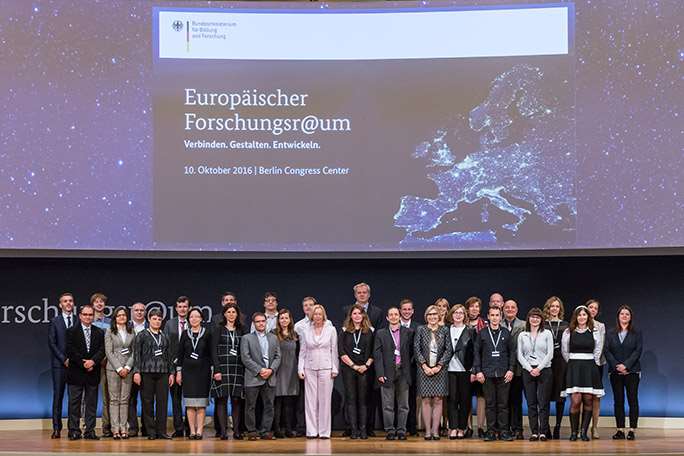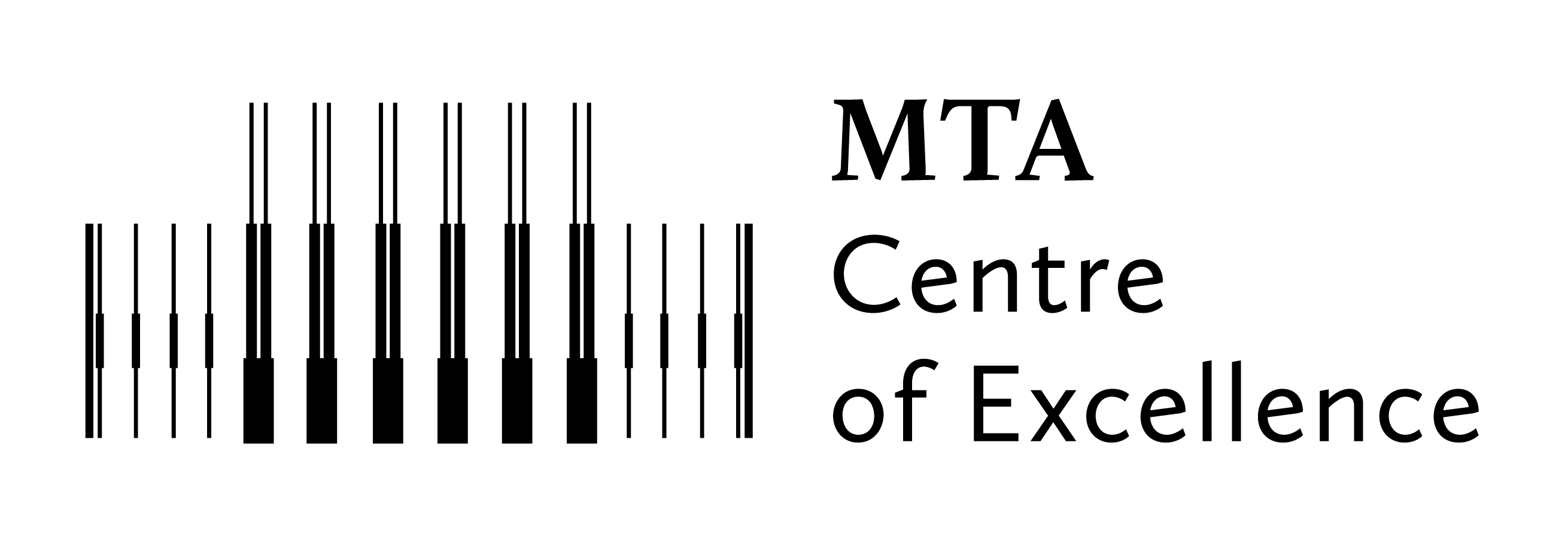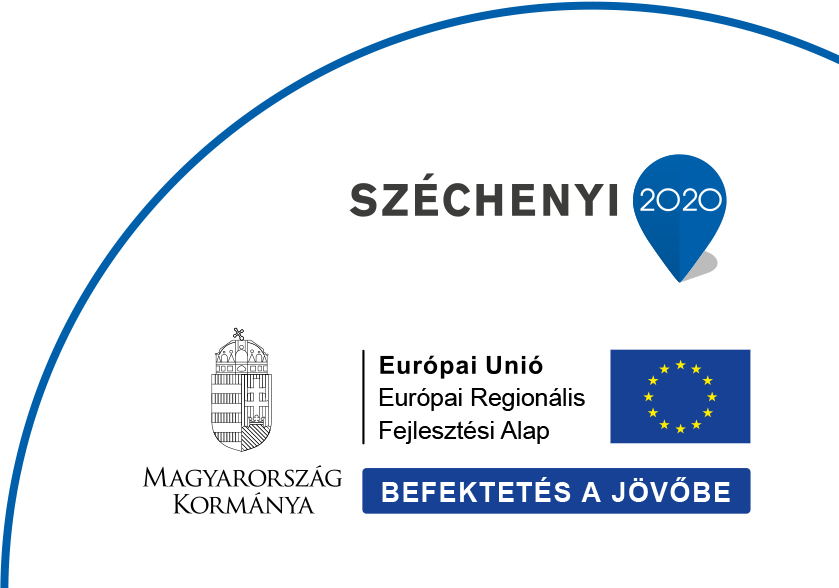We continuously explored the opportunities in the EU HORIZON 2020 Framework. Until the
end of 2016 we submitted 65 proposals and awarded the financing for 9 projects. The
success rate of 13 % is an outstanding result. These EU-supported projects will determine
strongly the activity of the involved research groups in the near future, as well as the
strategy of the Wigner RCP itself. At the same time the requested high level of performance
will strengthen the position of the participating research groups in the international
competition. On the basis of the received EU financial support combined with the extra
financial support of the Hungarian Academy of Sciences, we started to modernize the local
infrastructure, especially our Open Laboratories. This is very important, since our mission is
to increase the readiness and the research potential of these local infrastructures and
support internal and external research and R&D requests, because they will become the
cornerstones of the national research activities in the near future.
Hungary joined to the European Space Agency (ESA) in February 2015. Following the
restructuring and widening of the related space research and R&D activities, ESA awarded
the Wigner RCP by the opportunity to open the ESA Broker Network Point in close
collaboration with the local Technology Transfer Office. The ESA BNP is serving the whole
Hungarian community and even institutes and companies from the whole Carpathian Basin.
Scientific excellence via international cooperation Internationality is a general
characteristic of research, and in many cases is a key factor in its success. Researchers of the
institute developed strong ties with their counterparts from over 35 countries. The
institute’s international partnerships consist of several types of EU FP7, H2020, ESA, IAEA,
and COST scientific collaborative projects, in addition to other international projects,
bilateral agreements with the Hungarian Academy of Sciences, intergovernmental contracts
(TéT), and a wide range of informal partnerships.
There is a common assignment with the International Atomic Agency and with American
institutions, such as Oak Ridge National Laboratory.
International Grants. — At the Institute of Solid State Physics and Optics there were 12
bilateral Scientific and Technological Projects (TéT). Four of the previously funded TéT
projects concluded this year, while four new projects began in partnership with two French,
one Slovenian and one Austrian research group. The “JST V4” consortium was set up
between Japan and the four Visegrád countries. This project involves both theoretical and
experimental research in the field of advanced materials: Nanophotonics with metal - group
IV-semiconductor nanocomposites: from single nanoobjects to functional ensembles.
Collaborative research became more difficult in H2020 this is why it is even more significant
that the institute won two grants in 2016. The first winning FET-Open proposal of the
institute, NEURAM – H2020-FETOPEN-2014-2015-RIA, (No. 712821, 2016 - 2019), received
4,271,481.25 Euro (1300 million HUF) of funding for a period of 3 years. Within the
framework of the NEURAM project, 4 institutions in 3 countries are working together on
developing methods for the investigation and monitoring of brain cells without markings,
and for learning processes occurring in cells during DNS transcription. The new method and
the microscope under development is based on stimulated Raman-deviation. Wigner’s share
is 712,250.00 Euro, and as a beneficiary is responsible for the development and optimization
of an instrument applying stimulated Raman-deviation and the mapping of Raman-zones
that describe nerve cells.
There is one new H2020-MSCA-RISE-2016 project: VISGEN 734862 Transcribing the
Processes of Life: Visual Genetics with a total budget of 1,269,000 Euro, here Wigner has the
second largest budget of 211,500 Euro among the 11 participants. The other participants
are research institutes, universities, and industrial partners from 6 different countries (UK,
HU, G, F, NL, NO).
Since the Treaty of Lisbon the goal of European Research Area (ERA) is included in the EU’s
primary laws. Within the EU’s boundaries „researchers, scientific knowledge and technology
circulate freely”. The strengthening of ERA became one of the priorities of H020 together
with other cross-cutting issues that include widening participation, which in some cases also
contains some controversial questions. As the potential of the EU13 is not properly explored
the German Government made an initiative to integrate these countries more, and in 2016
initiated the ERA Fellow Program as a pilot project in which EU13 Fellows participated who
are currently working at the middle administrative management level at scientific
organisations located in the EU13 member states.
The program’s objectives were to improve collaboration with the EU13 member states and
to contribute to the European Research Area (ERA). This is why the German Federal Ministry
of Education and Research (BMBF) also offered theoretical training with a focus on science
management in the framework of two on-campus weeks to the ERA Fellows. Main topics of
these lectures, presentations and workshops were preparing applications to Horizon2020,
the internationalization strategies of the research institutions, international research
infrastructures, and the identification of further funding sources.
Valéria Kozma-Blázsik, responsible for EU projects at the Wigner Research Centre for Physics
of the Hungarian Academy of Sciences participated in this six-week stay in Germany,
including a guest stay of four weeks at Max Planck Institute of Quantum Optics (MPQ).
She gave a presentation on September 14, 2016, describing the role of Wigner RCP in the
Hungarian scientific landscape, organised and hosted by her counterpart Julia Epp, Head of
Third-Party-Funds/EU Office of Max Planck Institutes in Regional Cluster Bavaria, working on
developing training concepts providing support to her counterpart for an effective grant
office and administrative system.
At MPQ, the focus was on procedures and processes in EU proposal consulting and project
management. Valéria Kozma-Blázsik was hosted in MPQ’s Third-party funds department/EU
Office Bavaria, which will serve as a starting point to explore further cross-cutting issues in
the institute’s administration and in Max Planck Society’s administrative headquarters.
Besides the effect of capacity-building, which will benefit the EU13 member states according
to the program’s aims, the German hosts also expect the exchange to prove advantageous.
“In view of future scientific collaborations and projects we are also interested in a smooth
collaboration at the administrative level“, outlines Prof. Ferenc Krausz, Managing Director at
MPQ.
The program was concluded by a campus week in Berlin with participation at the National
Conference on the European Research Area. The Federal Ministry of Education and
Research hosted this conference at the Berlin Congress Center (BCC) (For further
information, please visit www.eubuero.de/era-conference.htm). This high-level conference
focused on the Strategy of the Federal Government on the European Research Area (ERA). It
provided a forum to exchange views on current developments and emerging challenges
regarding research and innovation in Europe. Professor Dr. Wanka, Federal Minister of
Education and Research, opened the conference. She was joined by a number of highranking
national and international guests from EU politics, research and business.




